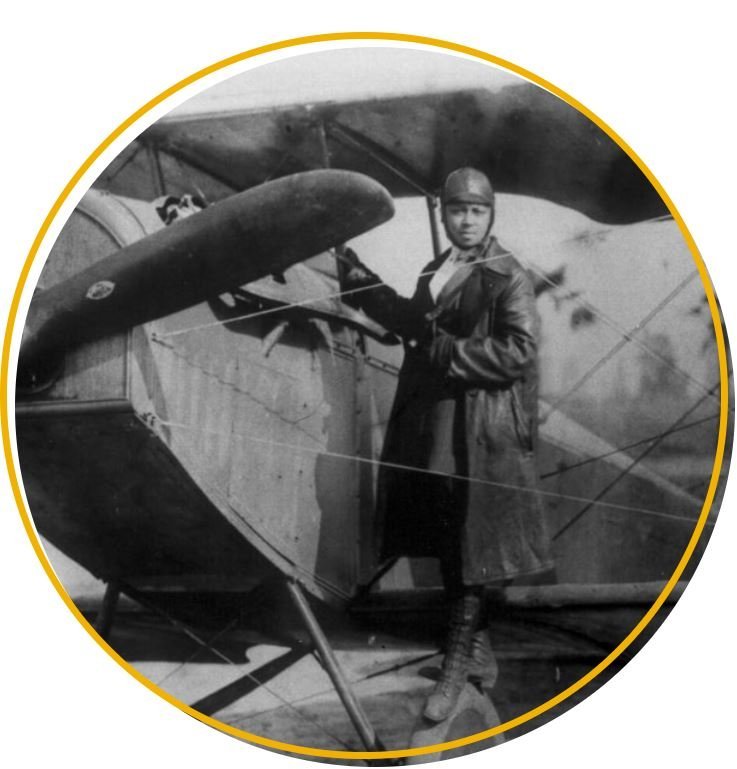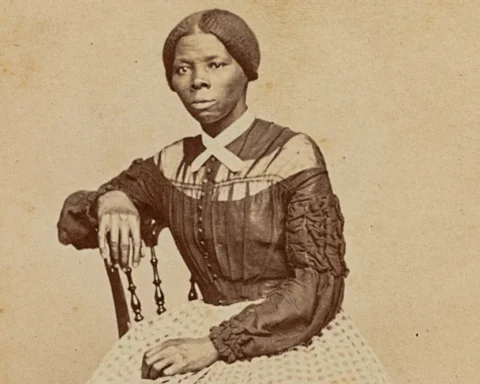Born to sharecroppers in a small Texas town, Elizabeth “Bessie” Coleman became interested in flying while living in Chicago, where stories about the exploits of World War I pilots piqued her interest.
But flight schools in the US wouldn’t let her in because of her race and gender.
Undeterred, Coleman learned French, moved to Paris and enrolled in a prestigious aviation school, where in 1921 she became the first Black woman to earn a pilot’s license.
Back in the US, Coleman began performing on the barnstorming circuit, earning cheers for her daring loops, acrobatic figure-eights and other aerial stunts. Fans called her “Queen Bess” and “Brave Bessie.”
Coleman dreamed of opening a flight school for African Americans, but her vision never got a chance to take off.
On April 30, 1926, she was practicing for a May Day celebration in Jacksonville, Florida, when her plane, piloted by her mechanic, flipped during a dive. Coleman wasn’t wearing a seatbelt and plunged to her death. She was only 34.
But her brief career inspired other Black pilots to earn their wings, and in 1995 the Postal Service issued a stamp in her honor.





